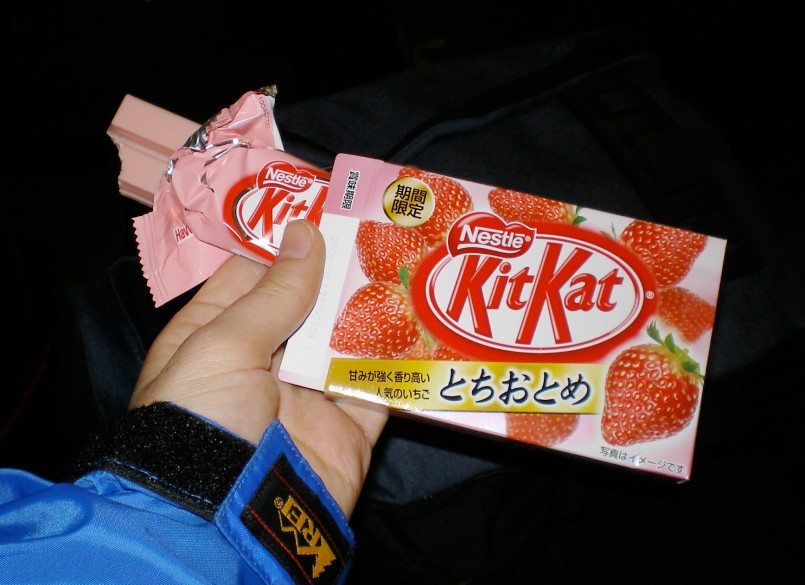Asia
East Asian Students Turn To Some Unusual Rituals To Ace Their Exams

Image: Wikipedia
In countries like Korea and Japan, a great deal of your future success can hinge on one single moment. Final exams in these countries determine whether they are able to move on to college. Taken in the last year of high school, they are the culmination of a young person’s scholastic career. Students are often pressured to ace their exams, to the point where they are often forced into after school study programs all year long when the formal school day is done. Students who ace their exam are able to enter top universities, where a well-paying job in government or industry await. Those who do poorly are effectively barred from these top positions.
Needless to say, it’s a pretty stressful day. It’s no wonder that students embrace anything that they think might give them a leg up. This post from the BBC details some of the unusual techniques students use to ace their exams.
In much of East Asia, there are a lot of superstitions regarding words that sound like other words. It is for that reason that in China, for instance, the number four is avoided at all costs as the word for four sounds too much like the word for death. By the same token, telephone numbers with a lot of eights in them are hot commodities as the word for eight is similar to the word for luck.
In Korea and Japan, students ensure that they partake of foods with names that bring to mind success. In Japan, Kit Kats are considered lucky as the Japanese pronunciation, Kitto-Katsu, sounds like the Japanese phrase, “surely winning.” Apples and Pork Cubes are similar necessities in Korea, where their names conjure up notions of success and prosperity.
Students also practice some non-homophonic traditions. For instance, in Korea, you should never wash your hair before an exam, as it flushes out all the knowledge in your head. And if you’re in China, make sure that you are wearing red underwear, as red is the color for luck.
So what do you think? Is this too much stress to put students under? Should we focus harder on education over here? Let us know in the comments.





0 comments